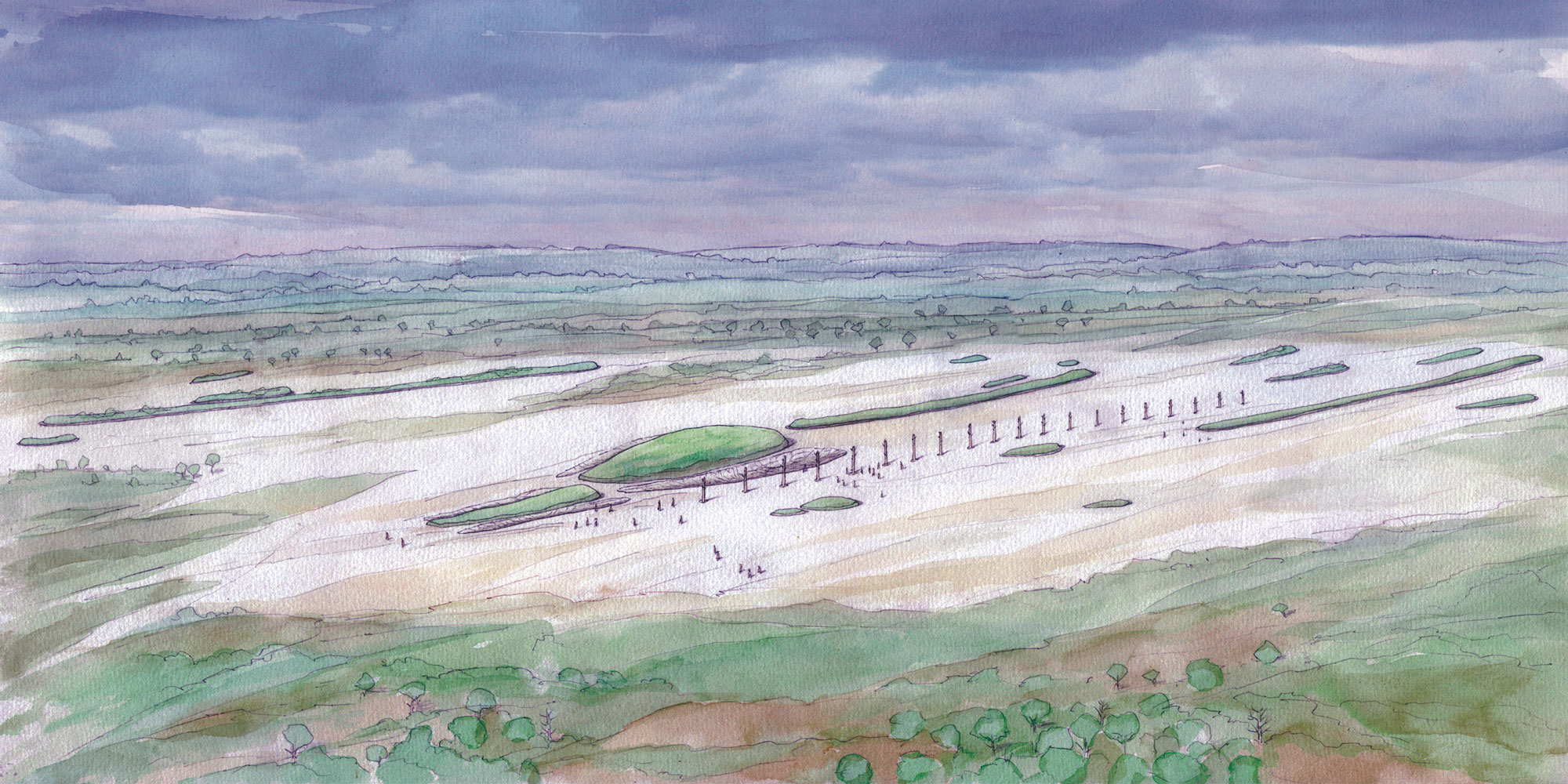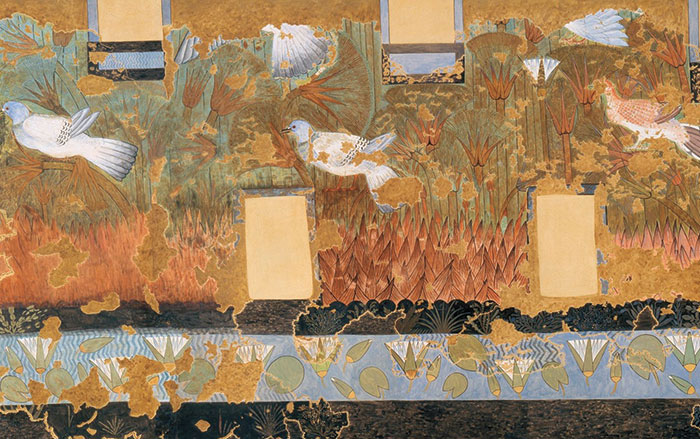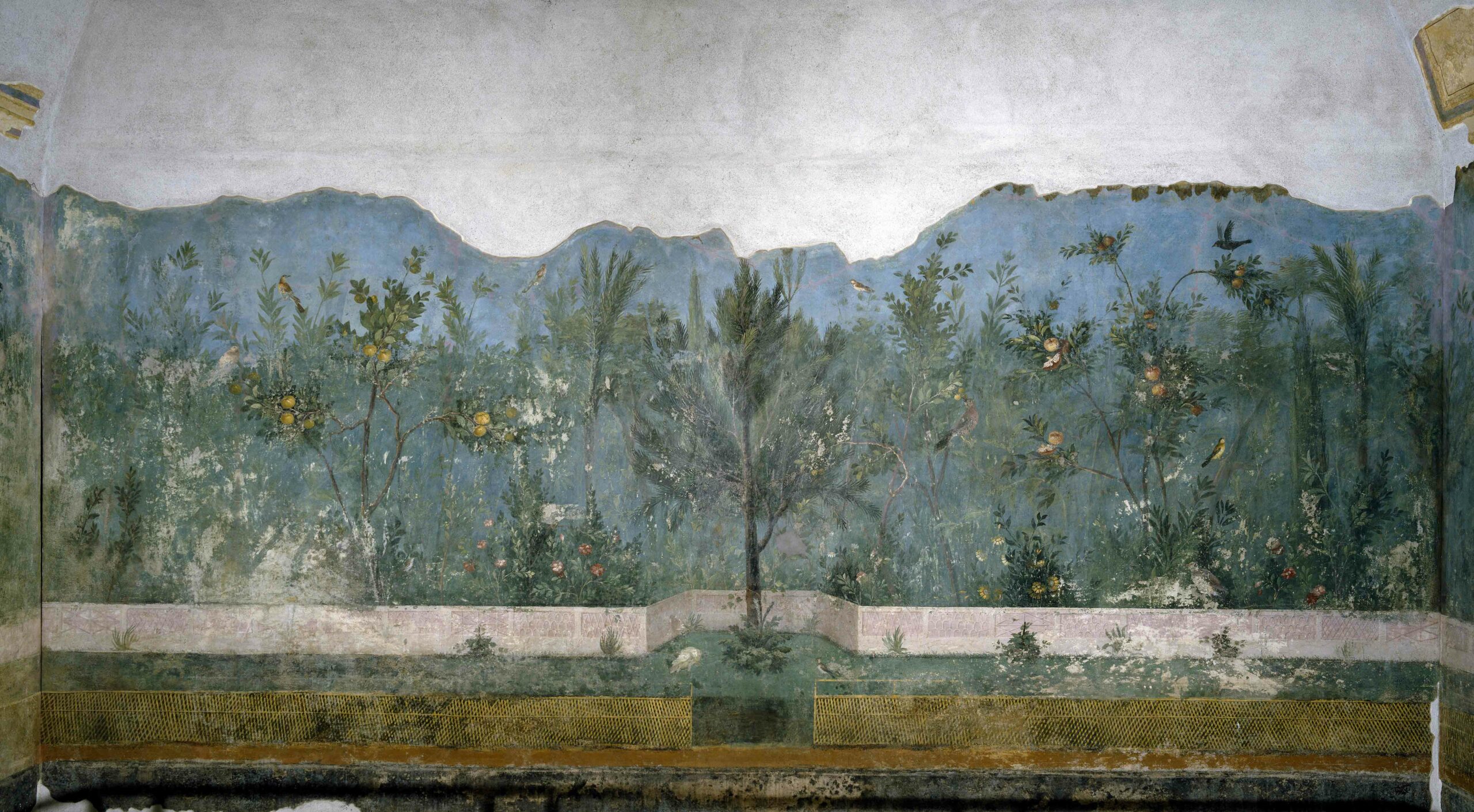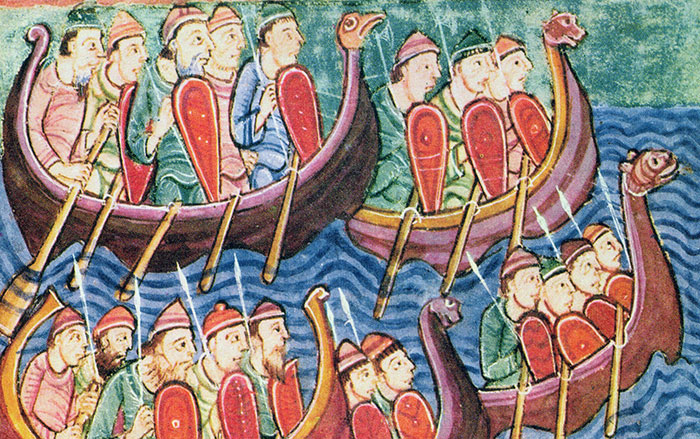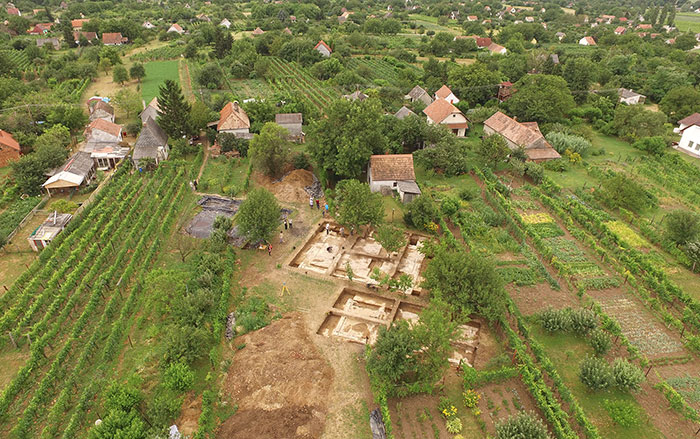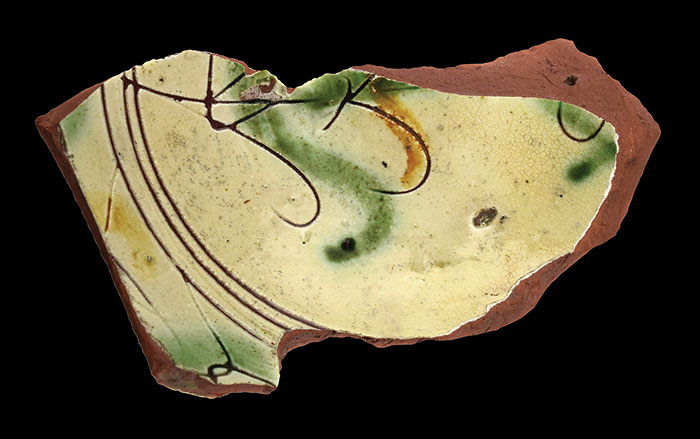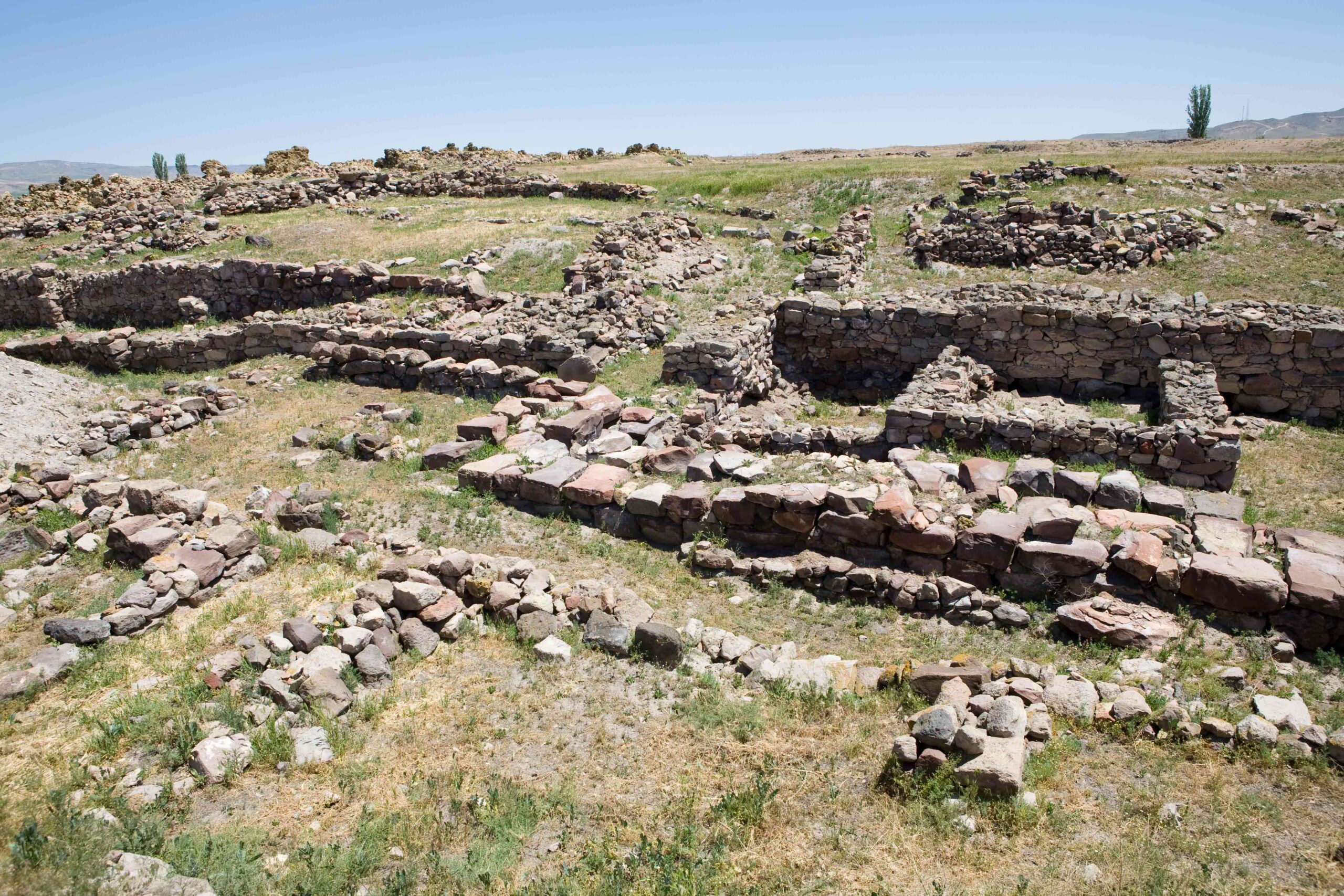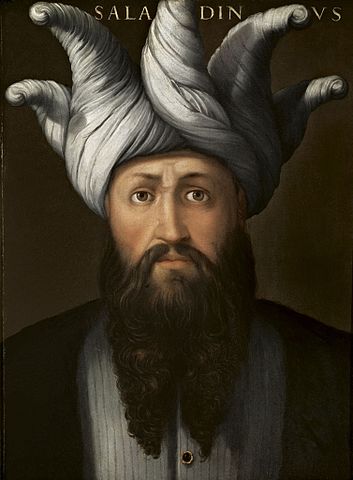
PHILADELPHIA, PENNSYLVANIA—According to a Live Science report, Stephen Gluckman of the University of Pennsylvania’s Perelman School of Medicine suggests that Saladin may have been killed by typhoid. Born in what is now Tikrit, Iraq, Saladin fought against the Egyptian Fatimid Caliphate, and eventually became commander of Syrian troops in Egypt. In 1187, his army conquered Jerusalem, which led to the Third Crusade, from 1189 to 1192. Saladin died in 1193, at the age of 55 or 56, after a two-week-long illness with fever. Gluckman analyzed historical documents that recorded the sultan’s symptoms, and ruled out plague or smallpox, which kill people quickly, and tuberculosis, because there was no mention of coughing or breathing problems. Malaria, Gluckman added, is likely to have caused chills, which were not listed in the records. However, Gluckman explained, typhoid is contracted through the ingestion of food or water contaminated with the bacterium Salmonella typhi, and causes high fever, weakness, stomach pain, headache, and loss of appetite. For more on archaeology in Iraq, go to “Assyrian Archivists.”



